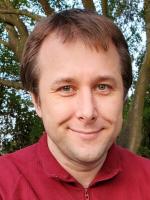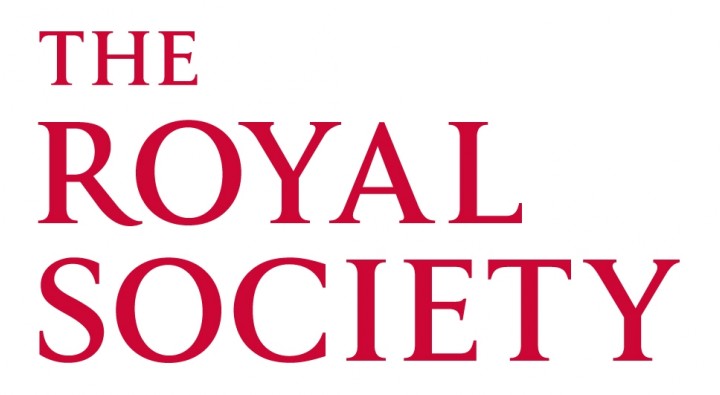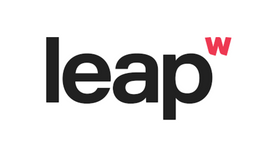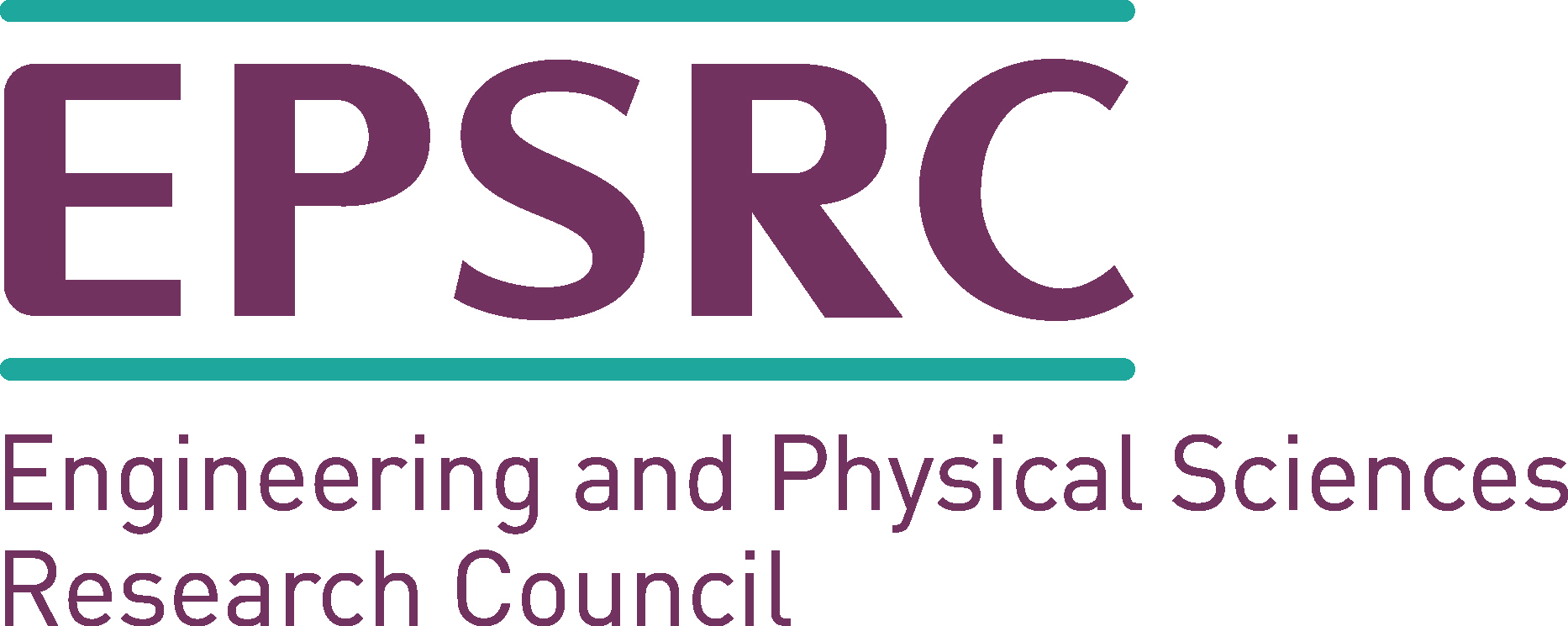
Career
- 2020-: Royal Society University Research Fellow, DAMTP, University of Cambridge
- 2017-2019: Leverhulme Early Career Fellow, DAMTP, University of Cambridge
- 2013-: John and Delia Agar Research Fellow, Sidney Sussex College, University of Cambridge
- 2009-2013: PhD, Trinity College, University of Cambridge. Supervisor: Jonathan Oppenheim.
Research
Sergii is a member of the Department of Applied Mathematics and Theoretical Physics and Centre for Quantum Information and Foundations. His current research interests are Quantum Computation and Quantum Information.
Recent research spotlight:
Quanta Magazine: The Quest to Quantify Quantumness
Together with Tom Gur I am co-organizing Cambridge-Warwick Quantum Computing Colloquium
I'm leading the following projects:
- Wellcome Leap "Human and Pathogen Quantum Pangenomics" , 2023-2026
- EPSRC Robust and Reliable Quantum Computing Grant "Structure and symmetry in quantum verification", 2023-2025
- (jointly with Bipasha Chakraborty) Quantum Algorithms for Quantum Field Theory project, 2022-2025
Postdoctoral research associates
Subhayan Roy Moulik (2023-)
Carolin Wille (2023-)
Davi Castro Silva (2024-) [co-supervising with Anuj Dawar and Tom Gur)
Aditya Jain (2024-)
PhD students
Mitchell Chiew (2020-)
Wilfred Salmon (2021-) [Jointly with Hitachi Cambridge Laboratory]
Josh Cudby (2022-)
Orson Ye (2023-) [MPhil student]
Summer research students
Chenguang Guan (co-supervised jointly with Laurens Lootens)
Tejas Archarya (co-supervised jointly with Bipasha Chakraborty)
Former members
Thorsten Wahl (2022-2023)
Preprints
my arXiv preprints are available here.
Selected Publications
- T. Wahl, S. Strelchuk "Simulating quantum circuits using efficient tensor network contraction algorithms with subexponential upper bound", Phys. Rev. Lett. 131, 180601 (2023).
- H. Zheng, Z. Li, J. Liu, S. Strelchuk, R. Kondor "Speeding up learning quantum states through group equivariant convolutional quantum Ansatze", PRX Quantum 4, 020327 (2023)
- D. Stilck França, S. Strelchuk, M. Studziński, "Efficient classical simulation and benchmarking of quantum processes in the Weyl basis", Phys. Rev. Lett.126, 210502 (2021)
- M. Hebenstreit, R. Jozsa, B. Kraus, S. Strelchuk, and M. Yoganathan, "All Pure Fermionic Non-Gaussian States Are Magic States for Matchgate Computations", Phys. Rev. Lett. 123, 080503 (2019)
- V. Havlicek, S. Strelchuk "Quantum Schur sampling circuits can be strongly simulated", Phys. Rev. Lett. 121, 060505 (2018)
- A. Rocchetto, E. Grant, S. Strelchuk, G. Carleo, S. Severini "Learning hard quantum distributions with variational autoencoders", npj Quantum Information Vol.4, 28 (2018)
- D. Elkouss, S. Strelchuk "Superadditivity of private information for any number of uses of the channel", Phys. Rev. Lett. 115, 040501 (2015)
- F. Brandao, A. Harrow, J. Oppenheim, S. Strelchuk "Quantum Conditional Mutual Information, Reconstructed States, and State Redistribution", Phys. Rev. Lett. 115, 050501 (2015)
- H. Buhrman, L. Czekaj, A. Grudka, M. Horodecki, P. Horodecki, M. Markiewicz, F. Speelman, S. Strelchuk "Quantum communication complexity advantage implies violation of a Bell inequality", PNAS March 22, 2016 vol. 113 no. 12 3191-3196
- D. Elkouss, S. Strelchuk, M. Ozols, W. Matthews, D. Perez-Garcia, T. Cubitt "Unbounded number of channel uses are required to see quantum capacity", Nature Communications 6, 7739 (2015)
- R. Jozsa, A. Miyake, S. Strelchuk "Jordan-Wigner formalism for arbitrary 2-input 2-output matchgates and their classical simulation", Quantum Information & Computation Vol. 15, 7-8, 541-556 (2015)
- S. Strelchuk, M. Horodecki, J. Oppenheim “Entanglement Recycling and Generalized Teleportation”, Phys. Rev. Lett. 110, 010505 (2013)
- F. Brandao, J. Oppenheim, S. Strelchuk “When does noise increase the quantum capacity?”, Phys. Rev. Lett. 108, 040501 (2012)
Funding
Support from the following organizations is gratefully acknowledged:
Publications
- <
- 4 of 5




